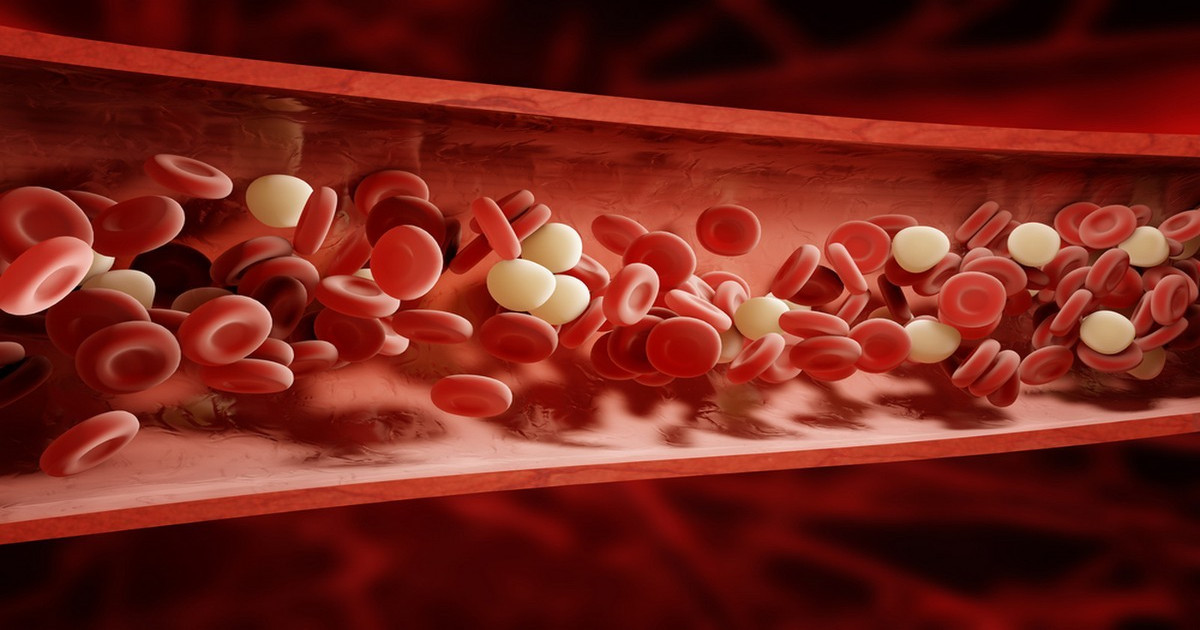Risk Factors Associated With A Vitamin B12 Deficiency
Atrophic Gastritis

Atrophic gastritis is yet another autoimmune disease associated with vitamin deficiencies, particularly of vitamin B12. It involves the immune system attacking the mucous membrane of the stomach, leading to inflammation and a lack of digestive fluids and enzymes. The stomach then cannot fully digest food. One of the substances the stomach is unable to make enough of in atrophic gastritis is a protein called intrinsic factor. In a normally functioning stomach, this protein is essential for the ability to absorb vitamin B12. Therefore, vitamin B12 deficiency is a common problem for patients who suffer from atrophic gastritis. Symptoms of vitamin B12 deficiency may even be among the first symptoms of atrophic gastritis. Injections of vitamin B12 are sometimes used as treatment.
Get familiar with the next risk factor for a vitamin B12 deficiency.
Pernicious Anemia

Pernicious anemia is a type of anemia that occurs when the body does not have enough vitamin B12 to make the right number of red blood cells. The loss of red blood cells can cause serious heart problems and neurological problems over time, including permanent nerve damage and heart enlargement. Pernicious anemia is usually treated with injections of vitamin B12; supplements are sometimes an option depending on how severe the condition is. Pernicious anemia often occurs alongside other diseases, such as autoimmune conditions. Sometimes another disease directly causes it. If this is the case, additional treatments are often necessary along with the vitamin B12 injections to make sure pernicious anemia does not recur.
Discover more vitamin B12 deficiency risk factors now.
